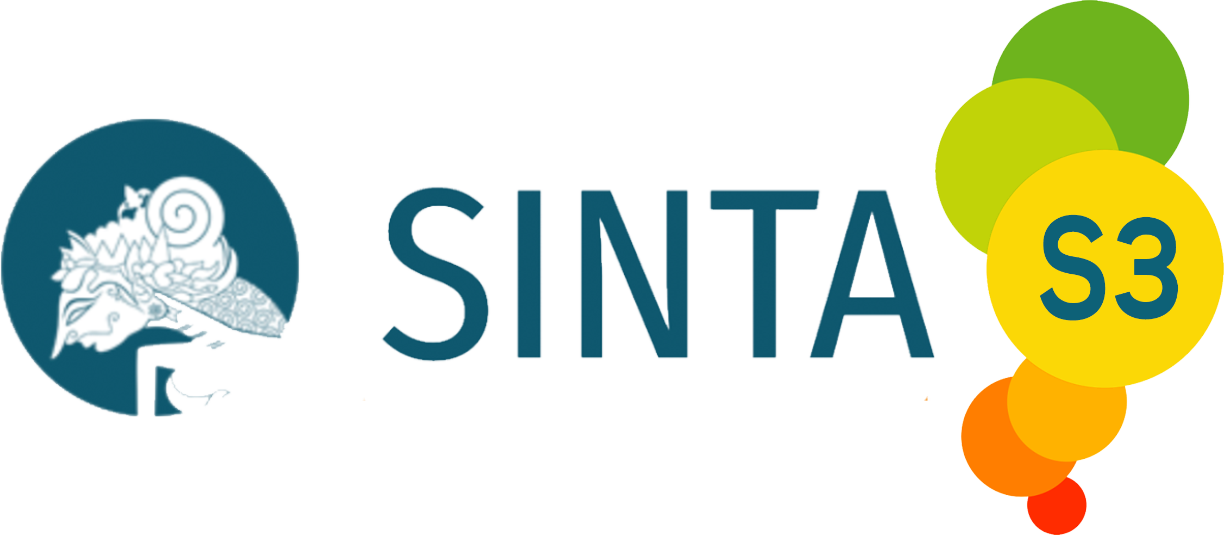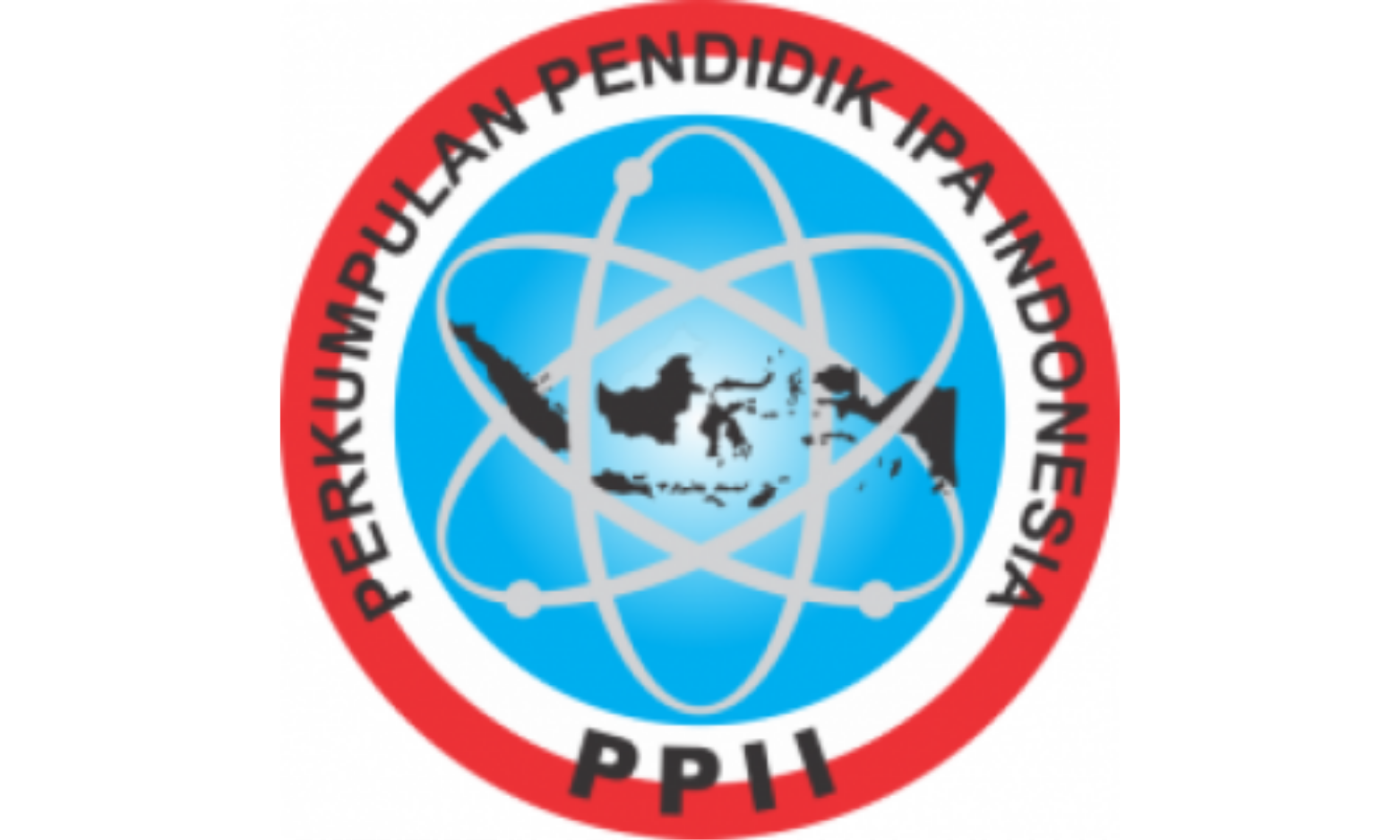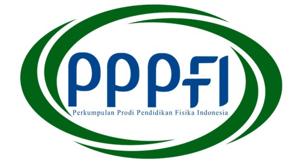MENGUKUR EFEKTIFITAS PROSES PEMBELAJARAN DISCOVERY LEARNING PADA POKOK BAHASAN USAHA DAN ENERGI
DOI:
https://doi.org/10.15575/jotalp.v2i1.6588Keywords:
discovery learning, AABTLT with SASAbstract
References
Aksit, F., Niemi, H., & Nevgi, A. (2016). Why is active learning so difficult to implement: The Turkish case. Australian Journal of Teacher Education, 41(4), 94–109. https://doi.org/10.14221/ajte.2016v41n4.6
Balım, A. G. (2009). The Effects of Discovery Learning on Students ’ Success and Inquiry Learning Skills. Eurasian Journal of Educational Research, (35), 1–20. https://doi.org/10.6084/m9.figshare.3437033
Cohen, M. T. (2008). The effect of direct instruction versus discovery learning on the understanding of science lessons by second grade students. NERA Conference Proceedings, Paper 30, 2–37.
Eka Andriani, Sumarmi, I. K. A. (2016). Peningkatan Kompetensi Pedagogik Guru, 1, 2106–2112.
Hamid, M. A. (2016). Pengembangan Instrumen Penilaian Hasil Belajar Siswa berbasis TIK pada Pembelajaran Dasar Listrik Elektronika. Jurnal Ilmiah Pendidikan Teknik Elektro, 1(1), 37–46. Retrieved from jurnal.untirta.ac.id/index.php/VOLT
Helliar, A. T., & Harrison, T. G. (2011). the Role of School Technicians in Promoting Science Through Practical Work, 4(2).
Hermawan, I. K. D. (2014). Analisis Sumber Daya Manusia Pendidikan Tinggi. Jurnal Pendidikan Dan Kebudayaan, 17(4), 404=418.
Ismail. (2010). Ismail, KINERJA DAN KOMPETENSI GURU DALAM PEMBELAJARAN Oleh: Muh. Ilyas Ismail * ABSTRAK:, 13(1), 44–63.
Joy, A. (2014). Impact of discovery-based learning method on senior secondary school physics. IOSR Journal of Research & Method in Education, 4(3), 32–36. Retrieved from www.iosrjournals.org
Kapucu, S. (2016). Identification of the Physics Subjects That Are Liked / Disliked and Why These Subjects Are Liked / Disliked By Student, 12(4), 827–843.
Khabibah, E. N., Masykuri, M., & Maridi, M. (2017). The Effectiveness of Module Based on Discovery Learning to Increase Generic Science Skills. Journal of Education and Learning (EduLearn), 11(2), 146. https://doi.org/10.11591/edulearn.v11i2.6076
Martaida, T., Bukit, N., & Ginting, E. M. (2017). The Effect of Discovery Learning Model on Student’s Critical Thinking and Cognitive Ability in Junior High School, 7(6), 1–8. https://doi.org/10.9790/7388-0706010108
Mirzagitova, A. L., & Akhmetov, L. G. (2015). Self-development of pedagogical competence of future teacher. International Education Studies, 8(3), 114–121. https://doi.org/10.5539/ies.v8n3p114
Mupa, P., & Chinooneka, T. I. (2015). Factors Contributing to Ineffective Teaching and Learning in Primary Schools: Why Are Schools in Decadence? Journal of Education and Practice, 6(19), 125–132. Retrieved from http://search.ebscohost.com/login.aspx?direct=true&db=eric&AN=EJ1079543&site=ehost-live
Nasrudin, D. (2012). MODEL SIKLUS BELAJAR 5E BERBASIS KONFLIK KOGNITIF PADA MATERI SUHU DAN KALOR UNTUK MENINGKATKAN PENGUASAAN KONSEP DAN KETERAMPILAN BERPIKIR KREATIF SISWA SMA (Doctoral dissertation, Universitas Pendidikan Indonesia).
Pangaribowo, D. ., Keliat, N. ., Sastrodihardjo, S., & Hutangoal, D. . (2017). Penerapan Model Pembelajaran Discovery Learning dan Permainan Smart Case untuk Meningkatkan Hasil Belajar Siswa Kelas VII C SMP Kristen 2 Salatiga. Bioedukasi, 10(1), 47–57.
Rochman, C. (2015). Analisis dan kontribusi kemampuan konsep dasar fisika, literasi kurikulum pembelajaran dan psikologi pembelajaran terhadap kemampuan penyusunan Lembar Kegiatan Peserta Didik (LKPD) mahasiswa pendidikan fisika. Prosiding Simposium Nasional Inovasi Dan Pembelajaran Sains (Snips), 15.
Rosdiana., Boleng, T. D., & Susilo. (2017). Pengaruh penggunaan Model Discovery Learning Terhadap Hasil Belajar Siswa. Jurnal Pendidikan, 2(8), 1060–1064.
Sijaya, I., Yani, A., & Ma’ruf. (2015). Peranan Media Presentase Interaktif Terhadap Hasil Belajar Fisika Pada Peserta Didik Kelas X SMA Islam Darussalam. Jurnal Pendidikan Fisika, 4, 328–341. Retrieved from http://journal.unismuh.ac.id/index.php/jpf/article/download/331/305
Suphi, N., & Yaratan, H. (2016). Effects of discovery learning and student assessment on academic success. Turkish Online Journal of Educational Technology, 2016(NovemberSpecialIssue), 829–835.
Wingrave, C., Norton, J., Ross, C., Ochoa, N., Veazanchin, S., Charbonneau, E., & LaViola, J. (2012). Inspiring creative constructivist play. Proceedings of the 2012 ACM Annual Conference Extended Abstracts on Human Factors in Computing Systems Extended Abstracts - CHI EA ’12, 3(3), 2339. https://doi.org/10.1145/2212776.2223799
Downloads
Published
Issue
Section
Citation Check
License
Journal of Teaching and Learning Physics is licensed under a Creative Commons Attribution-NonCommercial-NoDerivatives 4.0 International License








